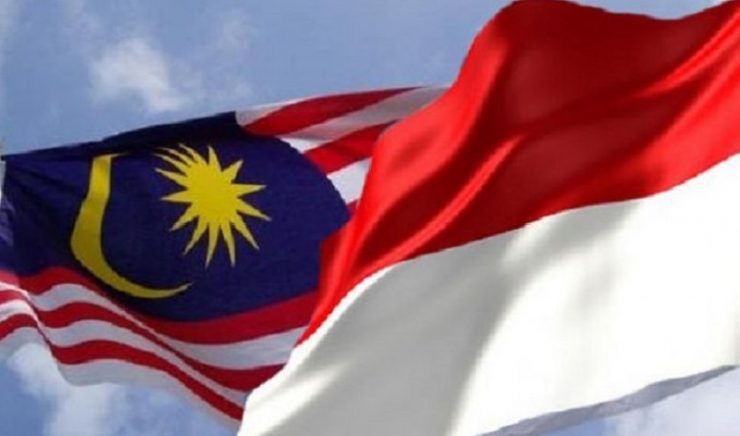INDONESIA and Malaysia agreed to work together in the tourism sector and the creative economy in an effort to rebuild the tourism sector and the creative economy in each country which was devastated by the COVID-19 pandemic, one of which was by building a shared tourism travel corridor.
According to the Deputy of Marketing for Tourism Ministry, Nia Niscaya in the Network Industry Travel Talkshow together with the Malaysian Minister of Tourism, Arts & Culture, Dato ‘Sri Nancy Shukri who discussed “Regional Tourism Collaborative Opportunities Post COVID-19”, Friday (19/6) said Malaysia is one of the important partners for Indonesian tourism.
“Malaysia has been one of the biggest contributors to foreign tourists to Indonesia. In 2019 there were 2.09 million tourists from Malaysia visiting Indonesia ” she said.
Nia Niscaya exlained, Indonesia and Malaysia have a long history of cooperation in various sectors, especially tourism. So it is very important for us to jointly increase cooperation in a joint effort to rise from COVID-19.
“COVID-19 brings fundamental changes for tourists in traveling in the future. For traveling between countries, tourists will tend to prefer traveling in a trip that is not too long (short haul). Based on this, Malaysia is one of the potential partners to be able to re-grow international tourist trips,” she noted.
Nia pointed out, the cooperation that could be carried out was how to get world confidence that the two countries had succeeded in controlling the spread of the corona virus and agreed to create a travel corridor.
“We must be able to ensure that the handling of COVID-19 in each country has been resolved properly. This is important to be able to generate a sense of tourist confidence from each country whose market focus. Trust is the new currency in the new normality period,” Nia said.
She added, the Ministry of Tourism had prepared a handbook that refers to global standards as a technical guide for businesses in the tourism sector and the creative economy. This handbook is a more detailed derivative of the protocol being developed by the Ministry of Health based on input from the Ministry of Tourism and Creative Economy for the tourism sector and the creative economy.
By implementing this protocol properly, it is expected to increase tourist confidence. This is very important because gaining trust or confidence is the key in accelerating recovery, so it must be highly considered and implemented.
“The implementation of the Cleanliness, Health and Safety (CHS) protocol is an important program that is currently being implemented. So that when the gates can be declared open between countries, tourists’ trust in these factors can be maintained properly,” Nia Niscaya affirmed.
The same thing was said by the Minister of Tourism, Arts & Culture of Malaysia, Dato ‘Sri Nancy Shukri. According to her, Indonesia and Malaysia should be able to increase cooperation to be able to improve the tourism sector going forward.
“For now Malaysia will still focus more on the domestic market with various programs that will be carried out. In line with the implementation of health protocols which will also be implemented strictly. “The tourism sector must be able to adapt well to be able to increase the confidence of tourists so they can travel, stay longer to many destinations,” said Dato ‘Sri Nancy.
She said Malaysia had the full support of all tourism stakeholders and would make use of various digital platforms to be able to implement health, surveillance and promotion protocols.
“Malaysia really enjoys the cooperative relations that have existed with Indonesia so far and is committed to continue to improve in the future,” she concluded. [traveltext.id/photo special]
















